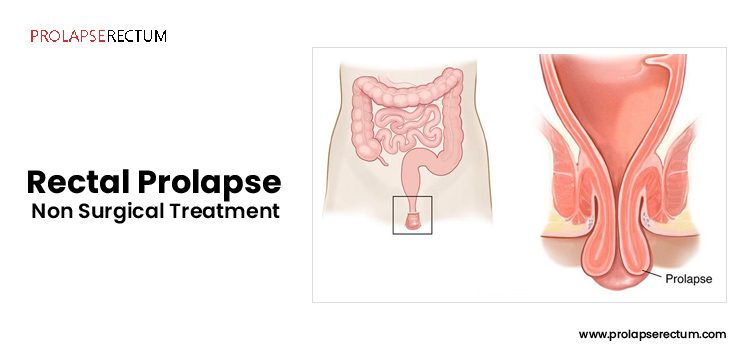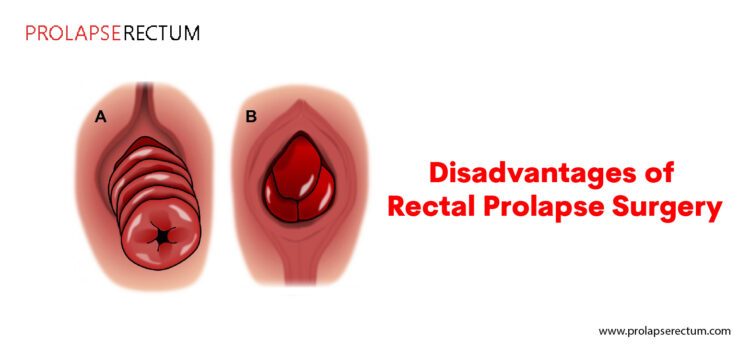Rectal prolapse is a medical ailment that occurs when the rectum pushes through the anus. The anus is the orifice through which excrement escapes your body, while the rectum is the final section of your large intestine. Rectal prolapse affects
Can Rectal Prolapse Heal Without Surgery?










